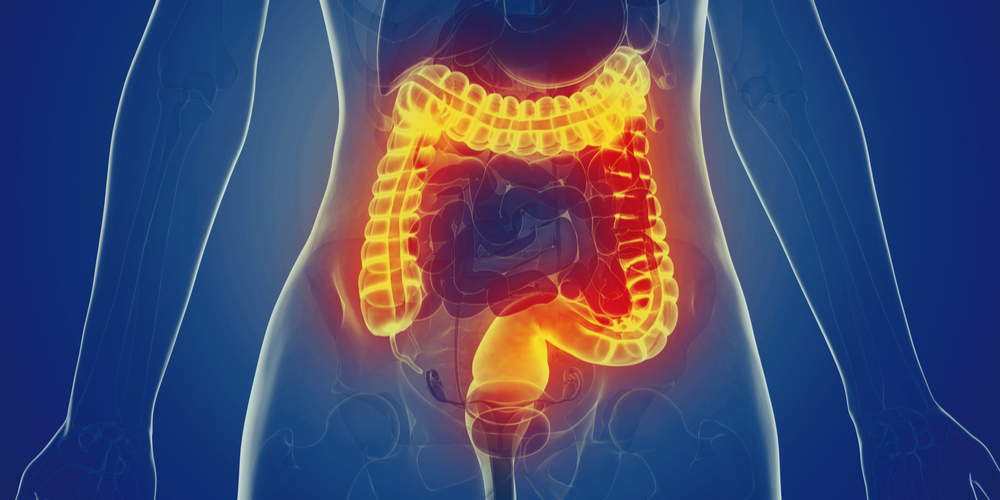
What is diverticulitis?
Diverticulitis is a condition which develops as a result of inflamed or swollen diverticula (small pouches on the wall of the colon).
Statistics
Diverticulitis is very common, especially in those over the age of 50. Most people who have diverticulitis do not experience any symptoms; those who do are often diagnosed with diverticular disease.
Causes of diverticulitis
Diverticulitis is often caused by an infection in the diverticula; this is most commonly caused by stools getting stuck in the pouches and becoming infected by bacteria. It is not known why some people suffer symptoms and some don’t. Other causes may include having a diet which is low is dietary fibre.
Symptoms of diverticula disease
Common symptoms may include feeling bloated, experiencing abdominal pain, blood in the faeces and a difference in your usual bowel habits.
Symptoms of diverticulitis
Common symptoms of diverticulitis include nausea and vomiting, high temperature, pain during urination, constipation and bleeding from the large bowel.
Treating diverticulitis and diverticula disease
Treatments can range from over the counter pain relief to surgical procedures depending on the nature and severity of each individual case. Surgery may be required if symptoms persist and cannot be controlled by medication alone.
Having a colostomy
You may need a colostomy if a portion of the colon has been removed to reduce the possibility of suffering from recurring diverticulitis; during this procedure the damaged part of the colon is removed; following this, having a temporary colostomy may allow the colon time to heal, while a permanent colostomy will help to regulate and control the patient’s digestive process.



